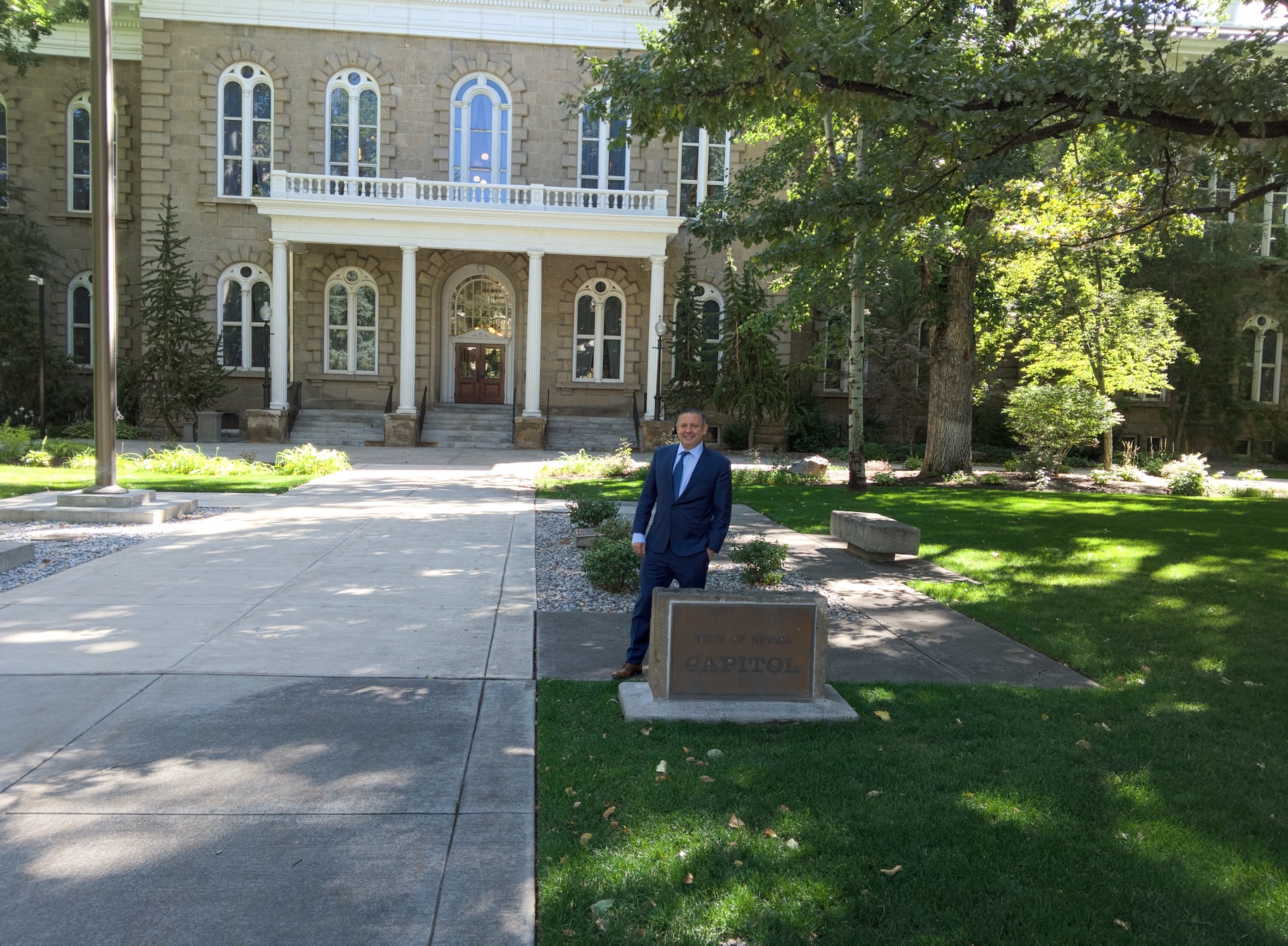Whether there is an unstated agreement among Delaware’s legal and business consultants and operators and the judges of the Chancery and other courts to find creative ways to continue tapping companies embroiled in the court system would take a longer and more comprehensive investigation.
Justice is a question that is often raised when dealing with courts, lawyers and the clients they serve. There’s the constitution and then legislative initiatives that seek to clarify, enforce, amend, or enhance the laws to which lawyers and judges must adhere. There are also the separate set of rules that businesses and corporations must follow when they are governed by certain states, and in this case, the Delaware Court of Chancery and Delaware General Corporation Law (DGCL), which claim to be about equity rather than law, so to speak. These cases involve remedies other than monetary damages, such as injunctions, writs, or specific performance. This isn’t to claim that a court of equity isn’t about following the law, and the distinction between these has become opaque ever since the United States adopted the Federal Rules of Civil Procedure in 1938, giving most courts a combined jurisdiction over matters of law and equity. Delaware remains one of the holdouts of separation.
There is a long and drawn-out case in Delaware that began in 2014 over the corporate breakup of a private company’s two founders, and this issue of equity versus law was prevalent. The company in question, TransPerfect Global, a worldwide privately held translation and legal services company was forced into what some argue was a misguided or even unlawful public auction/forced sale by the Chancery Court. The Delaware Chancellor argued the company’s shareholders were hopelessly deadlocked and that the business was in danger of falling into various forms of financial ruin and default. Based on the eventual sale price of $770 million and based on the facts that the company at that point – even through the very public and distracting legal battle – had never had a down quarter, or down month for that matter, the court’s decision has been heavily scrutinized.
The company’s founder and now sole owner, Phil Shawe, sought out the constitutional attorney Professor Alan Dershowitz to argue that it was an “illegal taking” based on the Fifth Amendment, but the Delaware Supreme Court upheld the ruling and the sale process proceeded.
Anyone can look up the details of this case and see where it has gone, and it is certainly not over yet. Following the successful public auction in 2017, in which Shawe effectively won the company he co-founded and manages as CEO, he and the firm have been tied up in litigation in Delaware over what they argue is unfair treatment by a system established by insiders to keep the business of incorporations in Delaware in business.
The victory cost Shawe not only the hundreds of millions of dollars in the purchase price, which he was prepared for and even offered prior to the commencement of the lawsuits, but an additional $125 million in legal fees and expenses. Yet, perhaps more importantly, he claims he has been subject to fee gouging by the law firms involved, and complicity by the former Chancellor of the Delaware Chancery Court who just “rubber stamped” the fee requests, mainly by mega-law firm Skadden Arps.
When the company was put up on the auction block, the Chancellor, Andre Bouchard, who has since resigned from the court to go back into private practice, assigned his friend and former colleague Robert Pincus, a partner at Skadden, as custodian to manage the company and prepare it for sale. Pincus, as a Bloomberg article suggested, had “unbridled authority over the entire sale,” and had “carte blanche to hire consultants, approved non-itemized billing of exorbitant fees, and, finally, would not grant Shawe, who was ordered to pay the Custodian, permission to review Shawe’s own bills!”
Skadden, a firm where Bouchard had also previously worked, refused allow Shawe or TransPerfect to inspect or see the more than $15 million in legal bills, and Chancellor Bouchard required the company to pay them sight unseen. Shawe believes that The Chancellor appointed his former colleague and good friend Pincus, who in turn, effectively billed TransPerfect close $50 million for his services over the entire period, and they submitted the invoices under seal – sealed from the client’s eyes – and the Chancellor approved and ordered the payments to Skadden.
After legal wrangling, Shawe was finally able to view some of the invoices. One invoice, when the Chancellor was indeed finally compelled to review and not merely approve the invoices, showed that Skadden invoiced $200,000 for generating an invoice, of which even the Chancellor asked, “Is it typical? I’m not aware of it happening… I’m talking about [billing for] the actual generation of an invoice…?”
In considering this question, one of Bouchard’s final decisions before stepping down in April 2021 was to disallow 15% ($625,000) in fees charged to TransPerfect by Skadden. TransPerfect had hired a third-party legal fee expert who concluded that $1.7 million of the $3.5 million charged by Skadden in one set of invoices was unjustified over-billing.
Bouchard had also suggested that going forward, Skadden should at least provide billing details, time spent, and the billing rates of Skadden Arps’ attorneys. This disallowance decision may have stemmed from the ruling of U.S. District Court Judge Mark A. Kearney of the Federal District Court of Pennsylvania in early April 2021 that Bouchard had “ordered TransPerfect to pay $44.5 million in undocumented fees and costs.”
The legal maneuvers are current, and Skadden is still not detached from TransPerfect. More than four years after the court ordered sale has concluded, the language company is still being billed regularly by Skadden for issues it claims are remaining from the sale process. This opened the door for more scrutiny about the business of doing business in Delaware. In fact, in the melee over Delaware’s own President Joe Biden’s son Hunter and his now infamous laptop, the Washington Post ran a story quoting the younger Biden writing to a business associate with whom he was challenging over some fee, “I will bring suit in the Chancery Court in Delaware — which as you know is my home state and I am privileged to have worked with and know every judge in the chancery court.”
Shawe has maintained that the First State’s courts, judges, and the lawyers are all somehow connected, and each helps the other feed off the various legal opportunities. In a similar matter, Skadden Partner Pincus was appointed as a special master by U.S. District (for Delaware) Judge Leonard P. Stark to oversee the sale of the petroleum company Citgo to enforce a $1.2 billion arbitral award against Venezuela. All of the parties, Pincus included, agreed to a legal fee cap, but then Pincus exceeded that cap in his billings, and the judge enforced the payment under challenge from Citgo. Pincus, in this case, reduced his fees with the caveat that he “hesitate[d]” to offer the concession for fear of making it appear that the reduction was warranted or of establishing a pattern for every time a party objects to his fees.

Whether there is an unstated agreement among Delaware’s legal and business consultants and operators and the judges of the Chancery and other courts weighing in on the business climate, to find creative ways to continue tapping companies that find themselves embroiled in the court system, would take a longer and more comprehensive investigation. That the case of TransPerfect leaves many unanswered questions is certain.
For its part, the company that was declared to be “hopelessly deadlocked” in 2015, has still not had a down sales month, and during the period of Covid-19 shutdowns, it saw growth that helped it top $1B in revenues. In April 2022, TransPerfect saw its first quarter revenues grow by 20% over the same period last year and is now celebrating its 30th anniversary. Maybe these figures should be factored into any equation on how the company was being run then and if some of the decisions made, and still are being made, might have been for other than altruistic DGBL reasons.


Join the conversation!